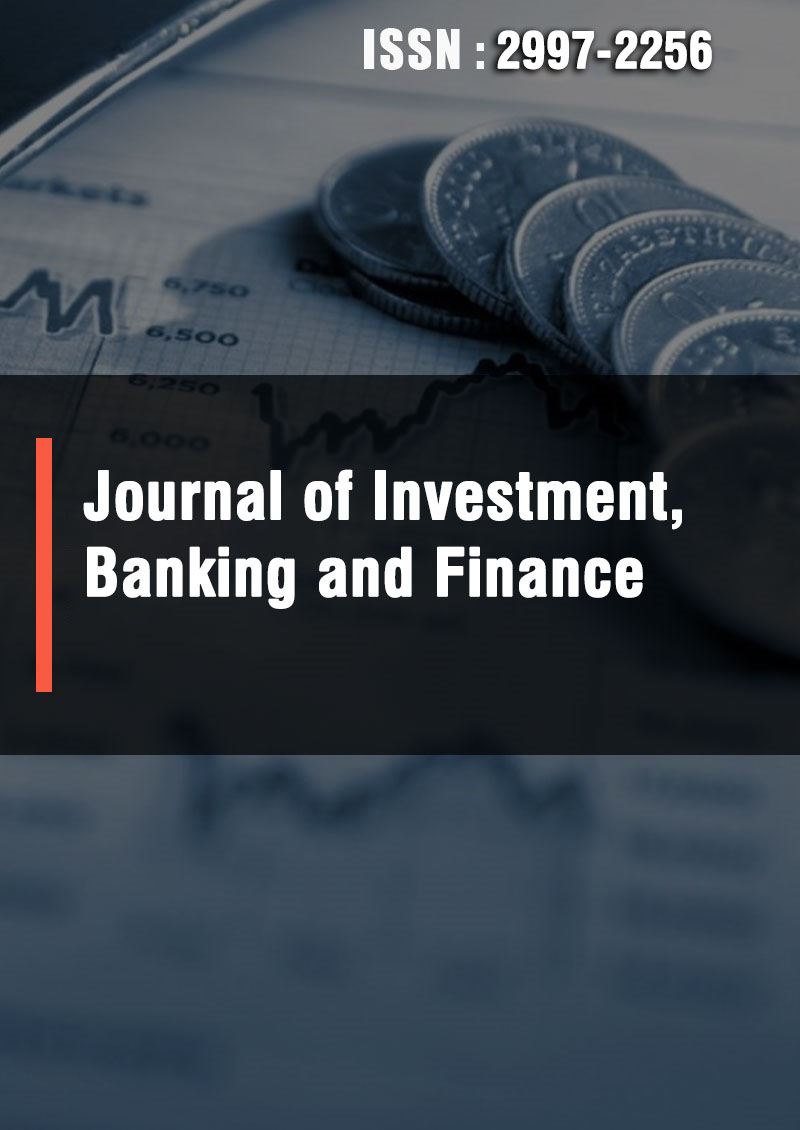Economic Liberalization in the Eyes of Cinema: Reflections of Economic Changes in the Era of Indian Economic Liberalization in Guru Movie (2007)
Abstract
Alireza Pirverdizade
The economic reforms of the 1990s marked a significant transformation in India's film industry, particularly influencing Bollywood’s thematic and stylistic dimensions. This era gave rise to what is now termed 'multiplex cinema' or 'new Bollywood,' characterized by its appeal to the urban middle-class through innovative storytelling and aesthetic innovation. This shift in cinema paralleled the broader societal shifts towards embracing technological advancements and a burgeoning media landscape. These changes also altered character portrayal in Bollywood, transitioning from rich merchants as villains to symbols of commercial success, reflecting evolving societal values towards economic prosperity. Furthermore, traditional notions of masculinity and nationalism were reinforced in film promotional materials, underscoring Bollywood's role in promoting consumerism. This paper analyzes the 2007 film "Guru" by Mani Ratnam, utilizing a narrative analysis to explore its depiction of economic liberalization's impact on India. The film follows protagonist Gurukant Desai from his humble beginnings to becoming a powerful business magnate, highlighting the themes of entrepreneurship, ambition, and ethical dilemmas. Through a detailed examination of key scenes and character dynamics, the paper reveals complex perspectives on economic growth, corporate ethics, and the personal costs of success, presenting ‘Guru’ as a compelling reflection on India's economic changes.



